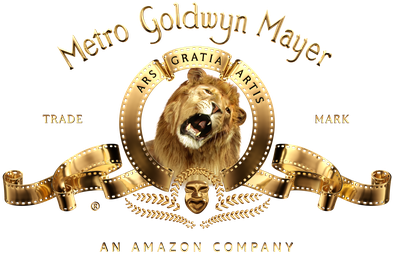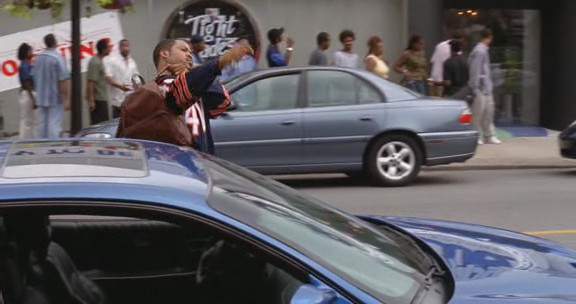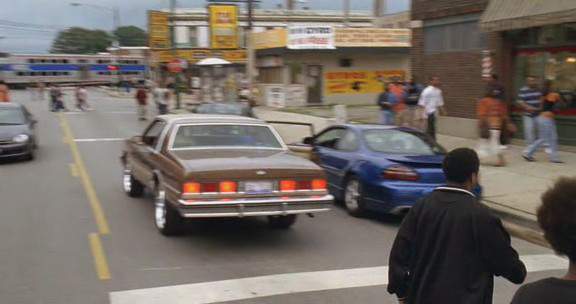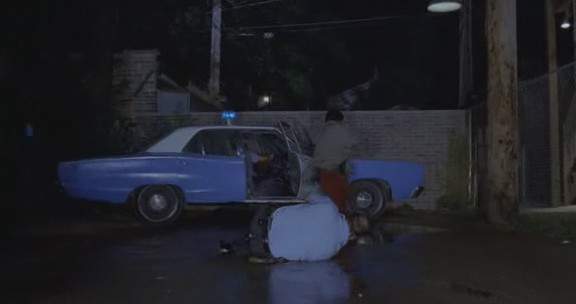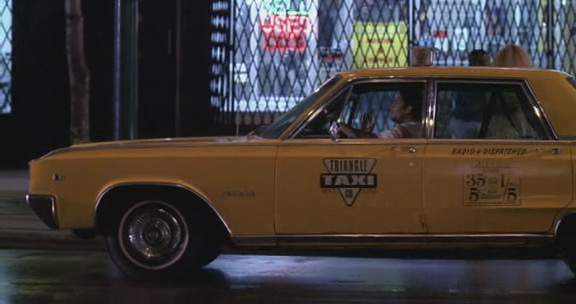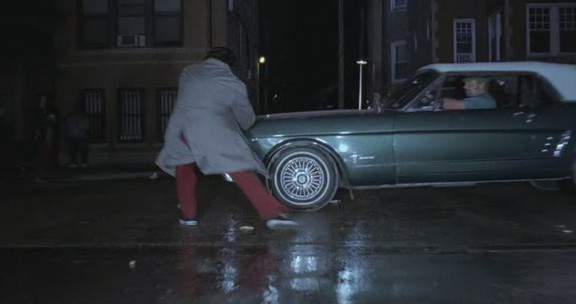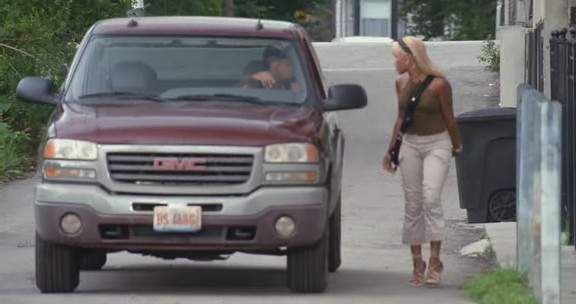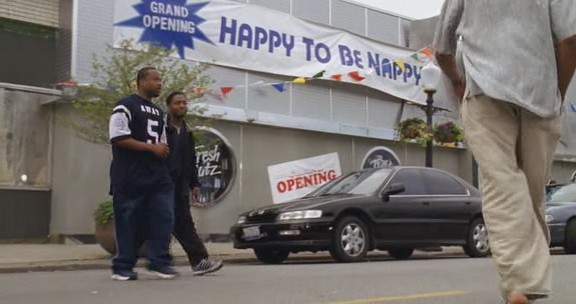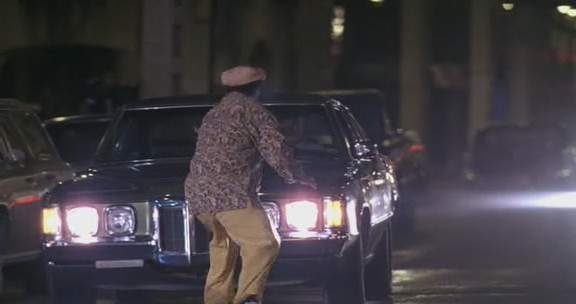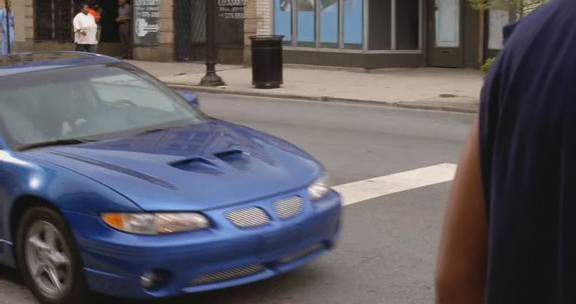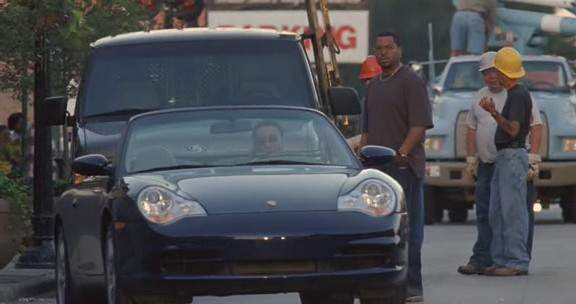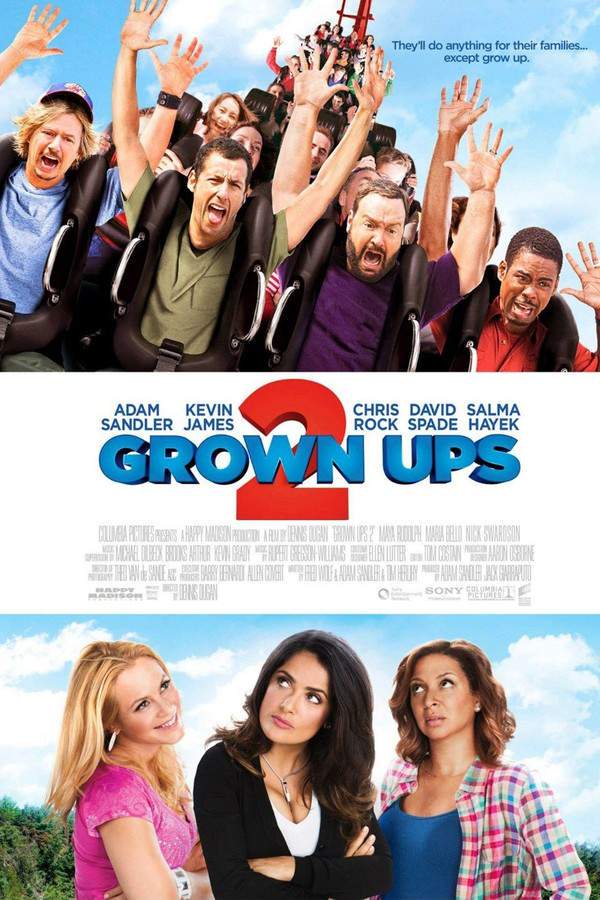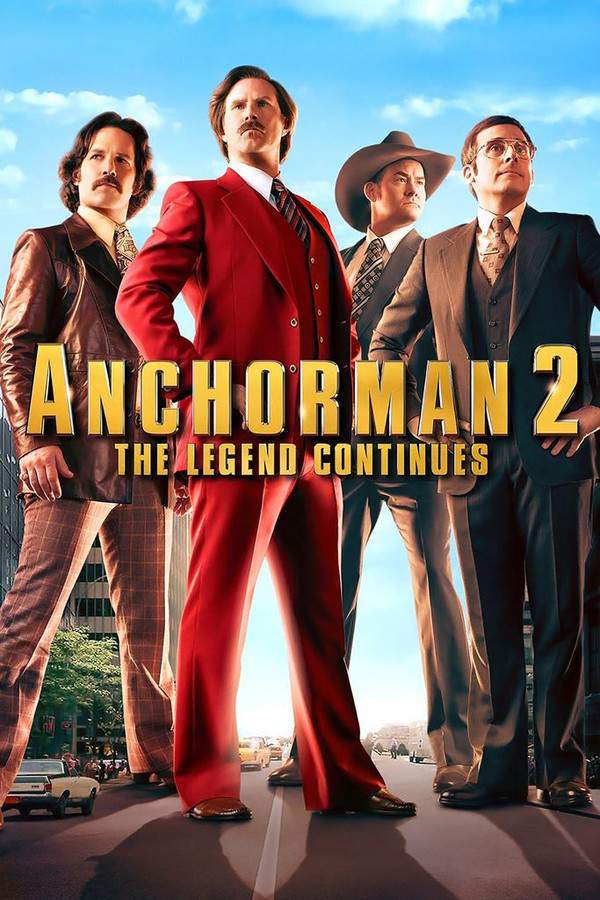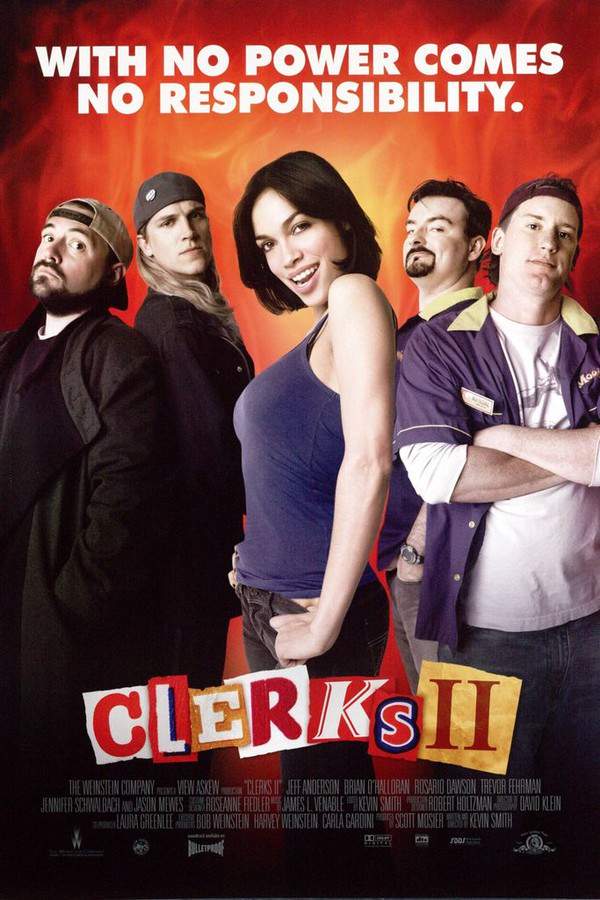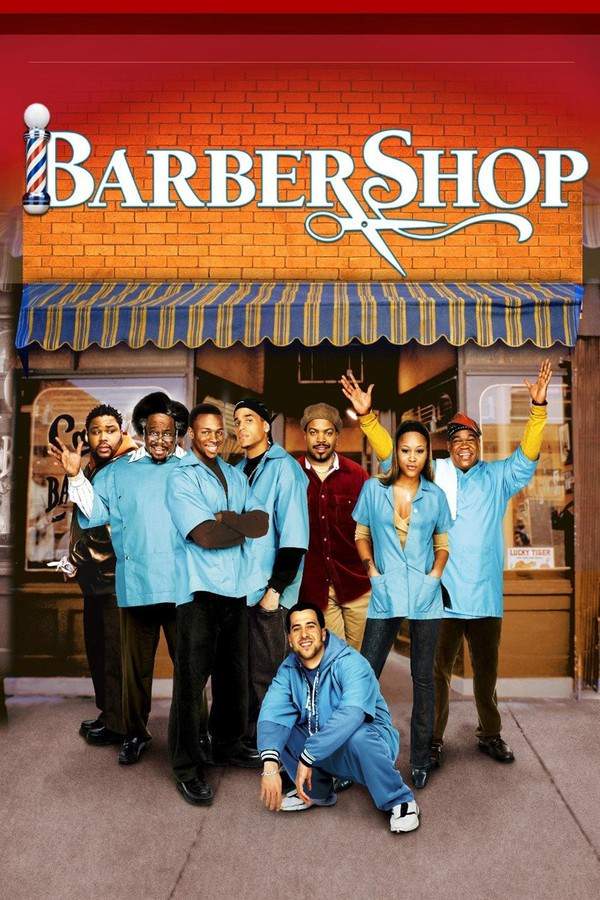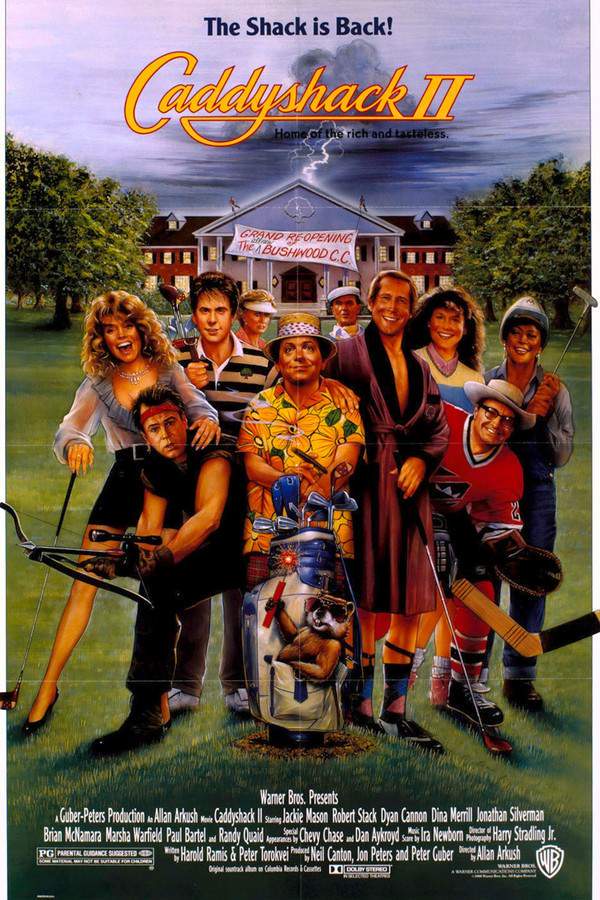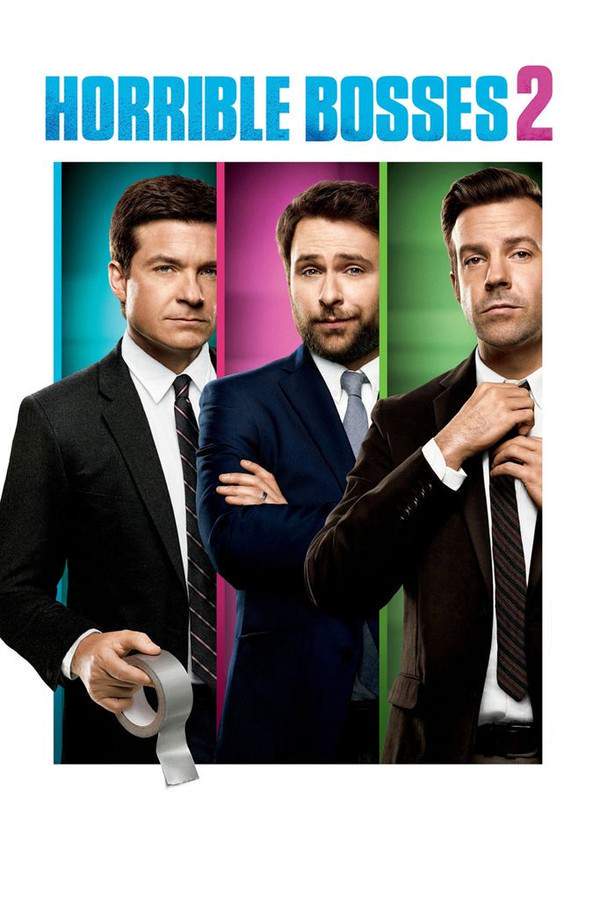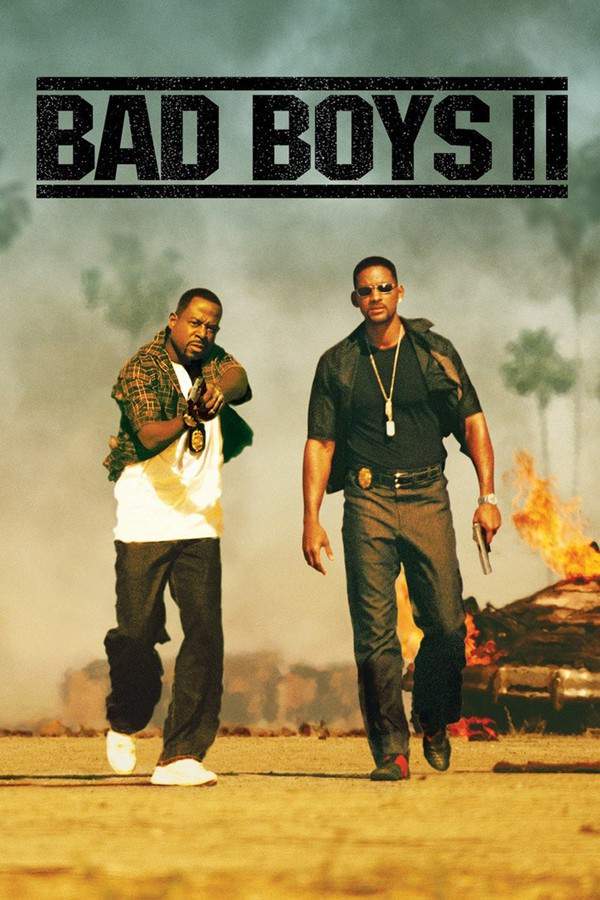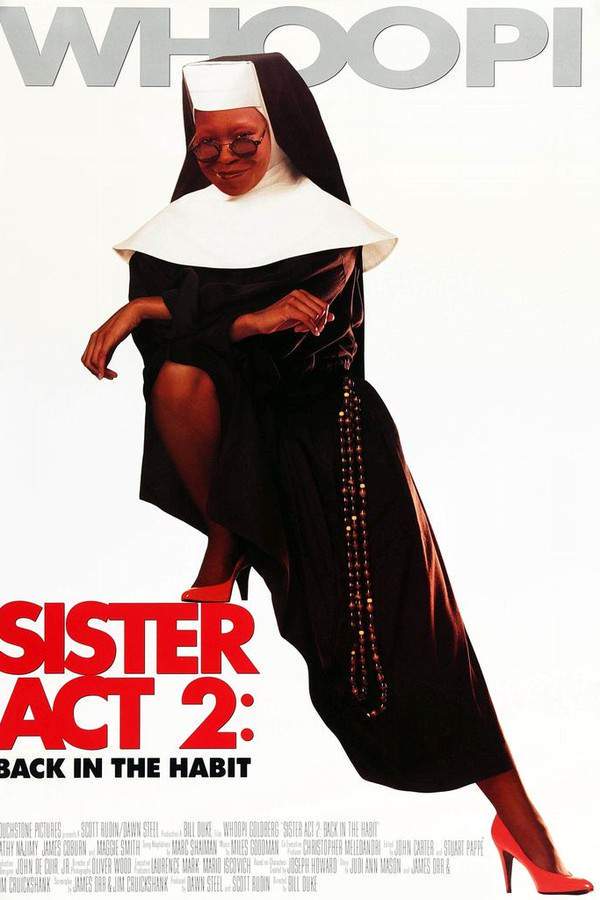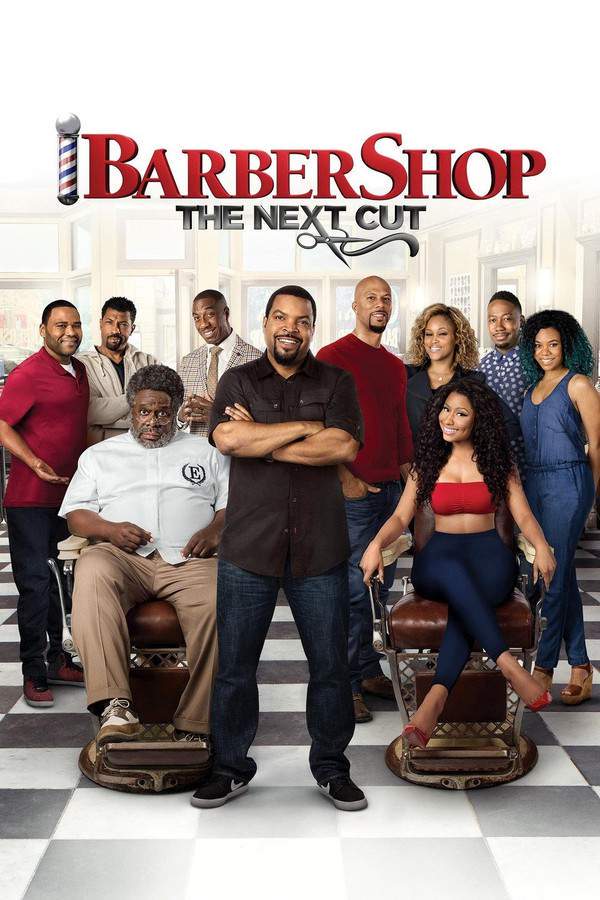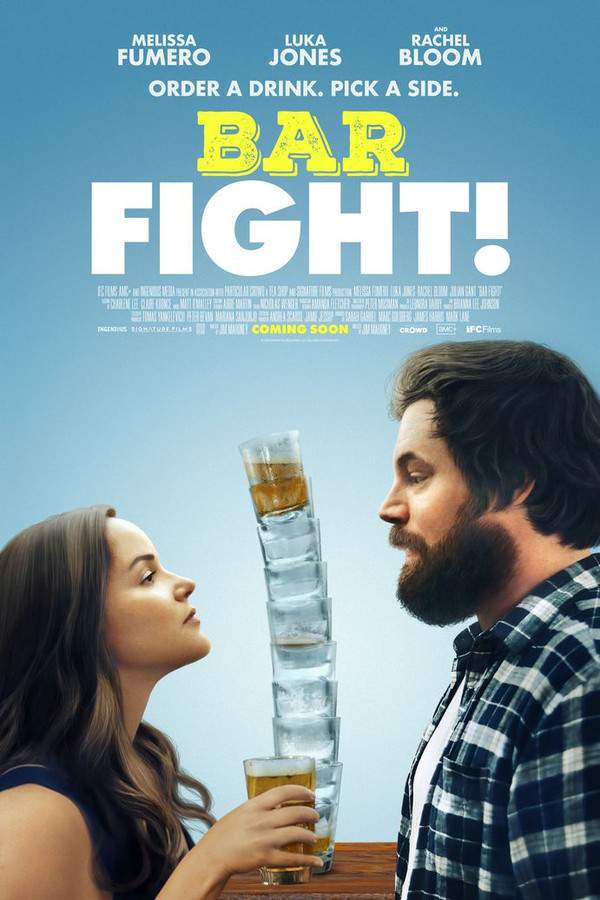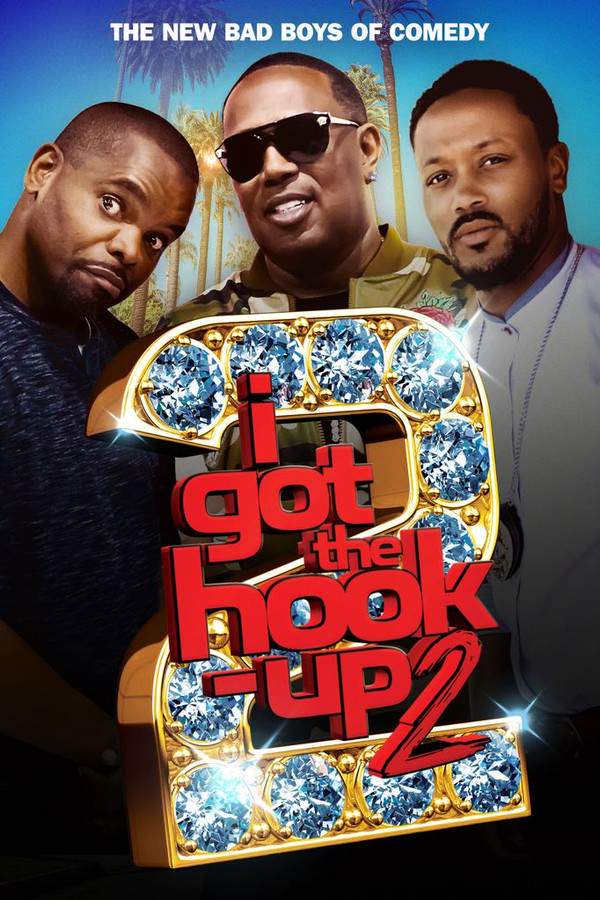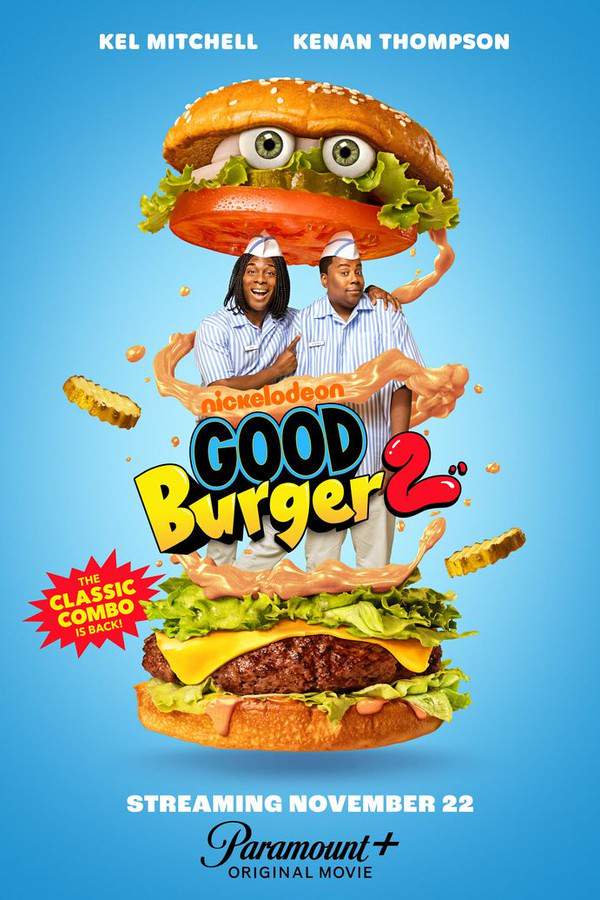Barbershop 2: Back in Business 2004
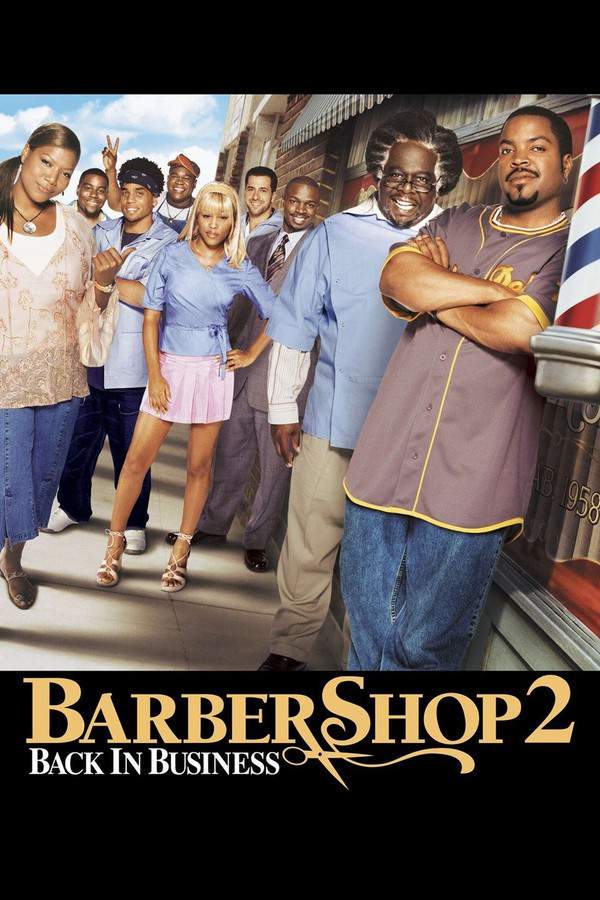
Calvin Palmer Jr. and his barbershop team in Chicago face a new wave of challenges as he reopens the business. Personal struggles and workplace conflicts arise, complicated by the arrival of a trendy rival shop, Nappy Cutz. As Calvin works to maintain his barbershop’s identity, he also witnesses the changing landscape of his community, threatened by gentrification. He must find a way to preserve the shop’s unique spirit amidst these evolving circumstances.
Does Barbershop 2: Back in Business have end credit scenes?
No!
Barbershop 2: Back in Business does not have end credit scenes. You can leave when the credits roll.
Meet the Full Cast and Actors of Barbershop 2: Back in Business
Explore the complete cast of Barbershop 2: Back in Business, including both lead and supporting actors. Learn who plays each character, discover their past roles and achievements, and find out what makes this ensemble cast stand out in the world of film and television.
External Links and Streaming Options
Discover where to watch Barbershop 2: Back in Business online, including streaming platforms, rental options, and official sources. Compare reviews, ratings, and in-depth movie information across sites like IMDb, TMDb, Wikipedia or Rotten Tomatoes.
Ratings and Reviews for Barbershop 2: Back in Business
See how Barbershop 2: Back in Business is rated across major platforms like IMDb, Metacritic, and TMDb. Compare audience scores and critic reviews to understand where Barbershop 2: Back in Business stands among top-rated movies in its genre.

59
Metascore
5.9
User Score


69%
TOMATOMETER

48%
User Score

5.7 /10
IMDb Rating

60
%
User Score
Take the Ultimate Barbershop 2: Back in Business Movie Quiz
Challenge your knowledge of Barbershop 2: Back in Business with this fun and interactive movie quiz. Test yourself on key plot points, iconic characters, hidden details, and memorable moments to see how well you really know the film.
Barbershop 2: Back in Business Quiz: Test your knowledge about the sequel that explores community, competition, and the spirit of a barbershop.
Who is the new rival barbershop owner that Calvin must compete against?
Quentin Leroux
Jimmy
Isaac
Lalowe Brown
Show hint
Full Plot Summary and Ending Explained for Barbershop 2: Back in Business
Read the complete plot summary of Barbershop 2: Back in Business, including all major events, twists, and the full ending explained in detail. Explore key characters, themes, hidden meanings, and everything you need to understand the story from beginning to end.
Since the previous film’s events, Calvin Palmer, Jr. (Ice Cube) has confidently embraced his position as the owner of his grandfather’s and father’s barbershop in the inner city. However, a new challenge arises when Quentin Leroux (Harry Lennix), an aggressive developer, launches a competing barbershop chain called Nappy Cutz across the street. This flashy establishment boasts extravagant features like complimentary wine upon entry, an aquarium floor teeming with live fish, and staff dressed in bikinis, positioning itself as a serious threat to Calvin’s business and claiming that Calvin’s barbershop will fail within seven months due to their superior service.
Calvin’s wife offers him wise counsel, urging him not to panic over the rumors surrounding Nappy Cutz’s amenities. Meanwhile, Calvin grapples with internal issues at his barbershop. Isaac (Troy Garity), the only white barber, has found newfound fame but feels underappreciated, asserting his star status by branding his customers with a signature “I”. On the other hand, Terri (Eve) is progressing in managing her temper but struggles with her growing feelings for Ricky (Michael Ealy). Concurrently, Jimmy (Sean Patrick Thomas) has left the shop to work for local alderman Lalowe Brown (Robert Wisdom), while Calvin’s cousin Kenard (Kenan Thompson), fresh out of barber school, proves unable to meet customer expectations.
Calvin is encouraged to sell his barbershop to a Cineplex developer; however, he stands firm against these overtures. To enhance his shop’s appeal, he organizes a barbecue for patrons and establishes new customer interaction rules. This adjustment reveals that Eddie, another barber, has been exempt from paying booth rent, further complicating dynamics at the shop.
Curiosity drives the crew to sneak into Nappy Cutz, where they discover the upscale furnishings and facilities, including a basketball court. As the rivalry escalates, Calvin opts to remodel his shop with modern decor and improved amenities. Despite setbacks, such as Kenard’s mishap during a televised haircut for Alderman Brown, Calvin stays resolute against selling.
The looming threat of gentrification becomes clear when Calvin receives a lucrative offer in exchange for supporting the city’s pro-gentrification legislation, which would significantly impact the livelihood of the entire community. As tensions rise, Eddie reflects on his past, recalling the chaos following Martin Luther King Jr.’s assassination and his personal journey, which draws him closer to Calvin.
In a twist of fate, Calvin’s ex-girlfriend Gina (Queen Latifah), who manages the beauty shop next door, adds another layer of complexity with her ongoing conflict with Eddie. However, in a moment of clarity, Calvin chooses not to accept the bribe and fervently advocates against the detrimental plans for his neighborhood at a city council meeting. Despite his impassioned plea about the potential damage to the community, the council still approves the legislation.
Throughout this tumultuous journey, Terri and Ricky embrace their feelings for each other, while Isaac makes his way back to Calvin’s shop after leaving Nappy Cutz. Although the community faces the consequences of gentrification, their loyalty towards Calvin’s barbershop remains steadfast, highlighting the strong bonds that hold the neighborhood together.
Uncover the Details: Timeline, Characters, Themes, and Beyond!

Coming soon on iOS and Android
The Plot Explained Mobile App
From blockbusters to hidden gems — dive into movie stories anytime, anywhere. Save your favorites, discover plots faster, and never miss a twist again.
Sign up to be the first to know when we launch. Your email stays private — always.
Watch Trailers, Clips & Behind-the-Scenes for Barbershop 2: Back in Business
Watch official trailers, exclusive clips, cast interviews, and behind-the-scenes footage from Barbershop 2: Back in Business. Dive deeper into the making of the film, its standout moments, and key production insights.
Cars Featured in Barbershop 2: Back in Business
Explore all cars featured in Barbershop 2: Back in Business, including their makes, models, scenes they appear in, and their significance to the plot. A must-read for car enthusiasts and movie buffs alike.
Barbershop 2: Back in Business Themes and Keywords
Discover the central themes, ideas, and keywords that define the movie’s story, tone, and message. Analyze the film’s deeper meanings, genre influences, and recurring concepts.
Barbershop 2: Back in Business Other Names and Titles
Explore the various alternative titles, translations, and other names used for Barbershop 2: Back in Business across different regions and languages. Understand how the film is marketed and recognized worldwide.
Similar Movies To Barbershop 2: Back in Business You Should Know About
Browse a curated list of movies similar in genre, tone, characters, or story structure. Discover new titles like the one you're watching, perfect for fans of related plots, vibes, or cinematic styles.
Quick Links: Summary, Cast, Ratings, More

What's After the Movie?
Not sure whether to stay after the credits? Find out!
Explore Our Movie Platform
New Movie Releases (2026)
Famous Movie Actors
Top Film Production Studios
Movie Plot Summaries & Endings
Major Movie Awards & Winners
Best Concert Films & Music Documentaries
Movie Collections and Curated Lists
© 2026 What's After the Movie. All rights reserved.


